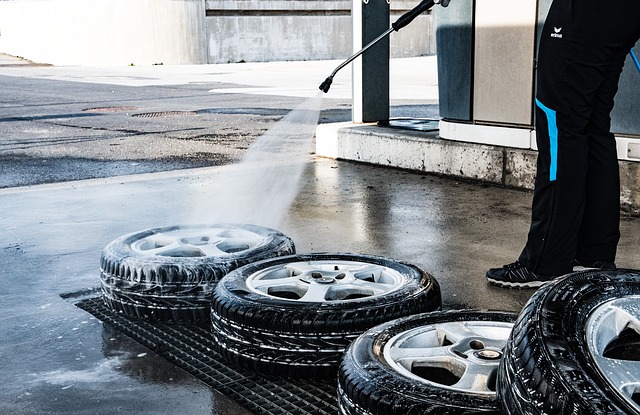As a homeowner, it’s easy to take water pressure for granted – until there’s an issue. But water pressure plays an essential role in our daily lives, influencing everything from how we wash dishes to how we take a shower. Understanding what water pressure is, how it works, and what to do when there’s a problem can help you stay ahead of any potential plumbing mishaps.
What is Water Pressure?
Water pressure refers to the force with which water pushes against the walls of pipes and fixtures, measured in pounds per square inch (PSI). Generally, the standard water pressure in most homes is 45-50 PSI, though it can vary from neighborhood to neighborhood and even house to house.
Why is Water Pressure Important?
Water pressure is essential because it ensures that we can engage in essential activities related to our daily lives, such as cooking, washing dishes, and bathing. Poor water pressure, on the other hand, can make it difficult to carry out these tasks and even lead to more severe plumbing issues, such as leaks and burst pipes.
What Causes Water Pressure Problems?
A wide range of factors can influence water pressure, from clogged pipes to issues with water supply systems. Some of the most common causes of low water pressure include:
- Blockages: Any object obstructing the flow of water through the pipes, such as sediment or debris, can cause low water pressure.
- Leaks: Any leaks in your plumbing disrupt the flow of water and, over time, can lead to a drop in water pressure.
- Corrosion: Over time, the pipes in your home can corrode or rust, which can inhibit the flow of water.
When you experience low water pressure, it’s essential to get the problem diagnosed and fixed as soon as possible by a local plumber. Ignoring low water pressure can lead to severe plumbing issues that can even be dangerous in some cases.
What to Do If You’re Experiencing Low Water Pressure
If you’re experiencing low water pressure, the best thing to do is to contact a professional plumber like Plumber Carlsbad. They’ll be able to assess the situation and diagnose the root cause of the problem. Depending on the cause, they may recommend one of several solutions, including:
- Flushing the pipes: Flushing the pipes can help remove debris or sediment that’s causing blockages, helping water flow more freely.
- Repairing or replacing pipes: In some cases, pipes may need to be replaced or repaired to address leaks or corrosion.
- Upgrading water supply systems: In some cases, your water supply system itself may be outdated or insufficient, requiring an upgrade to increase water pressure.
How to Keep Water Pressure Up
Preventive measures can help keep your water pressure up and your plumbing system in good working order. Here are some tips for maintaining adequate water pressure:
- Stay on top of routine maintenance: Regular maintenance such as flushing the pipes can help prevent blockages and keep water pressure up.
- Upgrade your plumbing system: Upgrading to more efficient plumbing technology can help ensure that your pipes aren’t contributing to low water pressure.
- Address issues promptly: Ignoring plumbing issues, no matter how minor they may seem, can cause more significant problems in the long run, so it’s essential to address them as soon as you notice them.
In conclusion, water pressure is an essential aspect of our daily lives, influencing everything from how we cook to how we shower. If you’re experiencing low water pressure, it’s essential to contact a professional plumber like Plumber Carlsbad who can diagnose and fix the problem before it leads to more severe plumbing issues. With routine maintenance and prompt attention to plumbing problems, you can help keep your water pressure up and your plumbing system functioning correctly.

